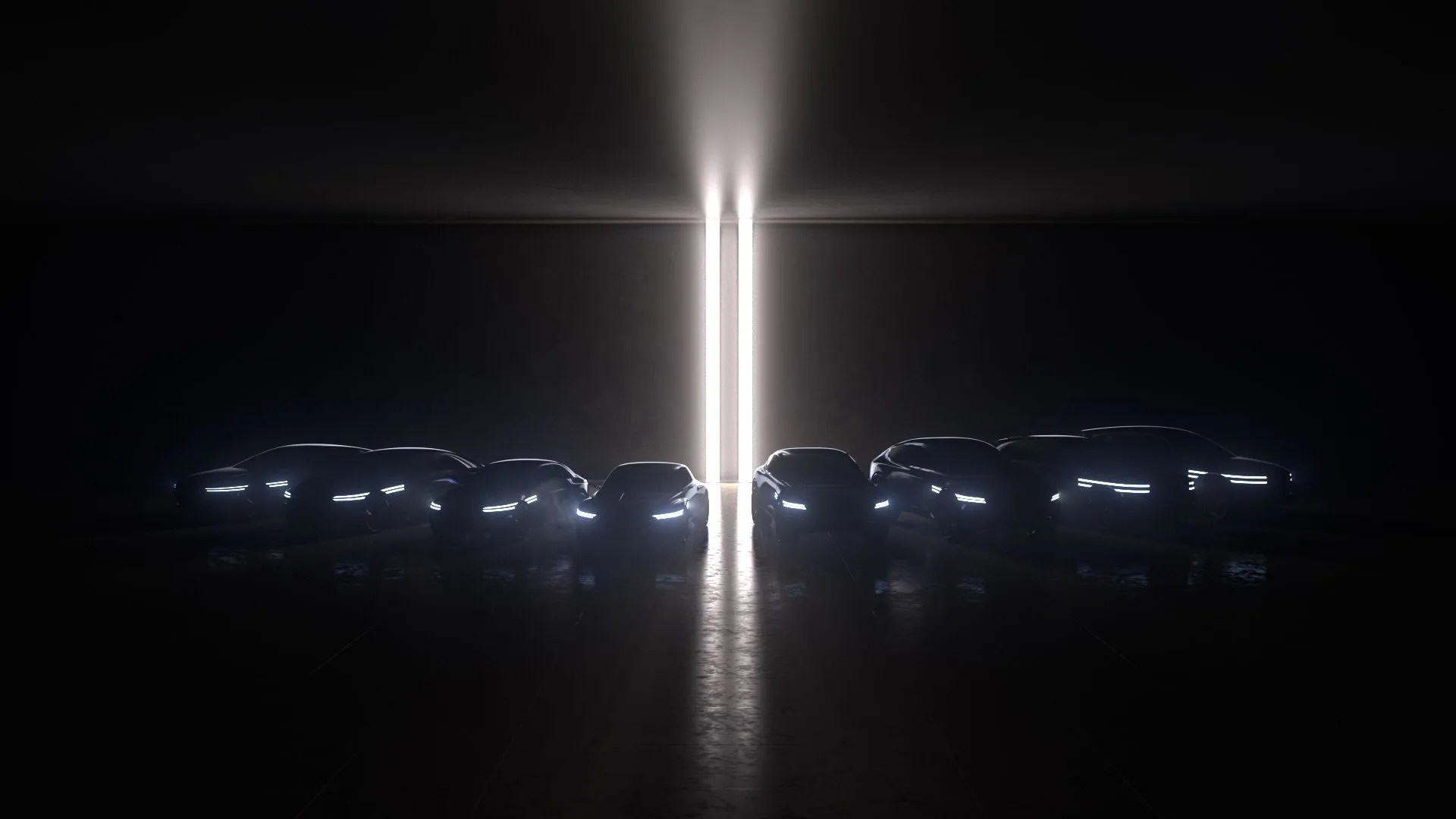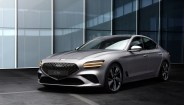Genesis, Hyundai’s luxury arm, produces some of our favorite new cars, including excellent efforts like the new G80 sedan and the all-new GV80 SUV. The vehicles look great, they’re luxurious, they drive smoothly and — like almost all Hyundai Group offerings of late — they offer compelling value propositions compared to competitors. The only quibble is that the cars aren’t particularly fuel-efficient.
Genesis plans to address that issue in a big way. The brand just unveiled a new product strategy for the next decade with an onslaught of new vehicles — that will see the brand go fully electric by 2030.
The transition will happen in stages. From 2025 onward, all new Genesis cars will be purely electric. The brand will employ what it’s calling a dual-electric strategy, investing in both battery technology and higher output hydrogen fuel cell powertrains. By 2030, Genesis will only be selling EVs, with a lineup of eight new vehicles. The brand hopes for vehicle production to be completely carbon neutral by 2035.
Genesis’s shift toward EVs is already underway. The brand’s first electric car, the Electrified G80 sedan, is due to arrive very soon. Genesis has also unveiled the GV60, a slightly-odd-looking SUV that will be the brand’s first vehicle built on Hyundai’s new E-GMP platform that underpins the Hyundai Ioniq 5 and Kia EV6.
Going fully electric will be a bold transition. But Genesis announcing it will do so is not too surprising. Luxury brands like Volvo, Cadillac and Jaguar have been the first to commit to going all-electric. They sell a relatively small number of vehicles to buyers already willing to pay a premium. It won’t require huge technological advancements. Hyundai and Kia going 100 percent electric by bringing EVs to the global masses will be a far greater challenge.



